SUMMARY
This is AI generated summarization, which may have errors. For context, always refer to the full article.
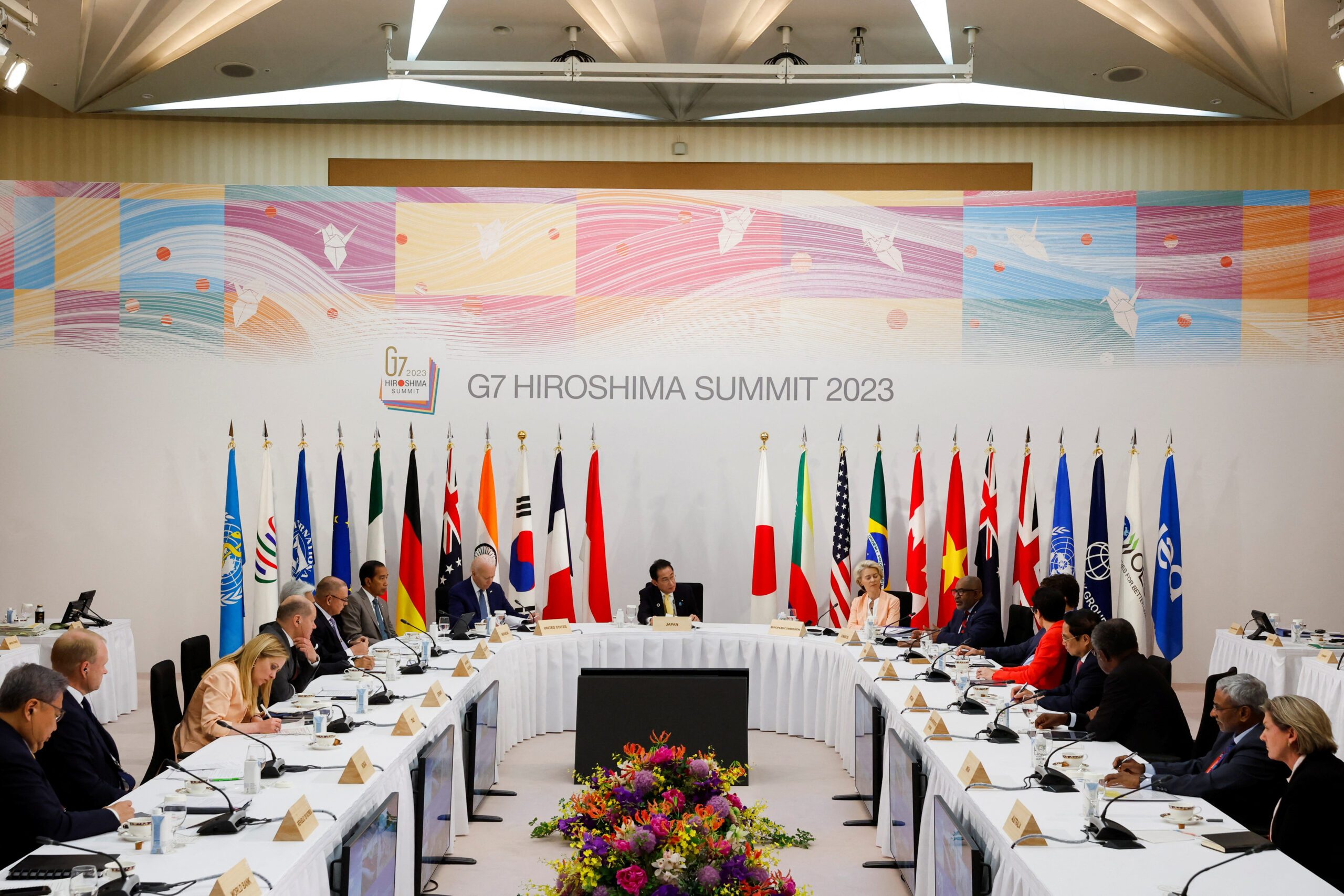
HIROSHIMA, Japan – The Group of Seven (G7) rich nations, concerned by tensions with Beijing, on Saturday, May 20, outlined a shared approach towards China, looking to “de-risk, not decouple” economic engagement with a country regarded as the factory of the world.
The heads of the world’s leading democracies meeting in the Japanese city of Hiroshima said they were prepared to build “constructive and stable” relations with Beijing while reducing their dependence on trade with the world’s second largest economy.
“Our policy approaches are not designed to harm China, we do not seek to thwart China’s economic progress and development,” they said in a communique issued on the second day of the three day summit.
“We are not decoupling or turning inwards. At the same time, we recognize that economic resilience requires de-risking and diversifying.”
The leaders noted that cooperation with China was necessary given its role in the international community and size of its economy, as well as areas of common interest such as climate and conservation efforts.
But they said they would take steps to protect sensitive technology that could threaten national security, without unduly limiting trade and investment.
“We act in our national interest,” the communique said.
The communique also reaffirmed the importance of peace and stability across the Taiwan Strait as indispensable to security and prosperity in the international community.
Briefing reporters earlier, White House national security adviser Jake Sullivan said nothing in the G7 statement should come as a surprise to China, given that the concerns of G7 members were “well known” to Beijing.
“I think you will find the China language to be totally straightforward. It is not hostile or gratuitous. It is just direct and candid,” he said, adding that the statement emerged after intensive consultations with G7 partners in recent years.
Sullivan said the United States expected economic engagement to continue with China, but was still working through the timing regarding planned phone calls, visits and meetings for various administration officials with their Chinese counterparts.
Each country would determine its own approach, he said.
The United States had been working to develop the legal authorities for a targeted set of outbound investment controls and would lay out its approach after “full consultations” with G7 partners, Sullivan said. – Rappler.com
Add a comment
How does this make you feel?
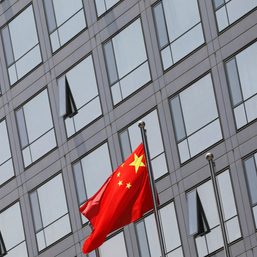
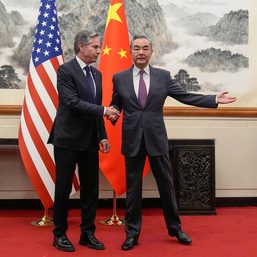
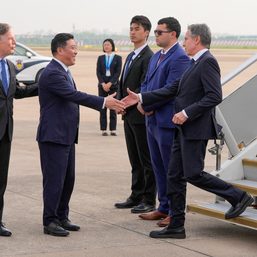
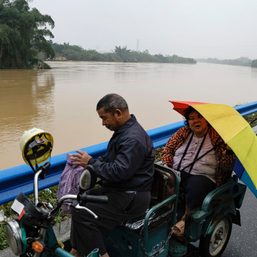
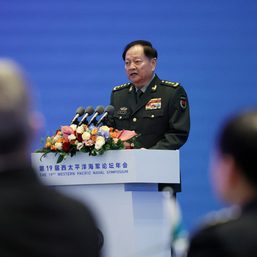
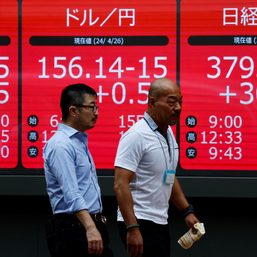
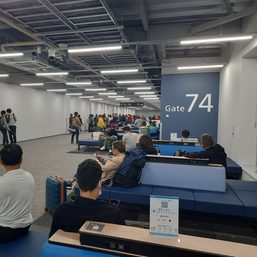
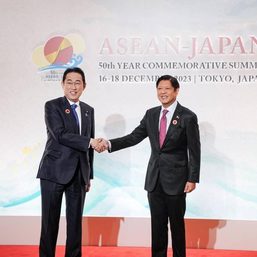

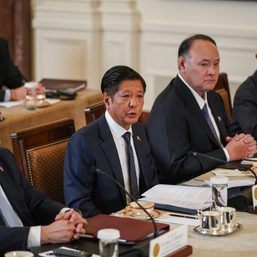

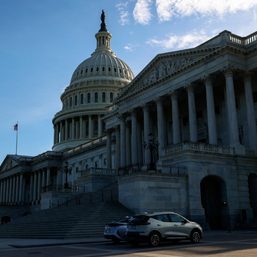


There are no comments yet. Add your comment to start the conversation.